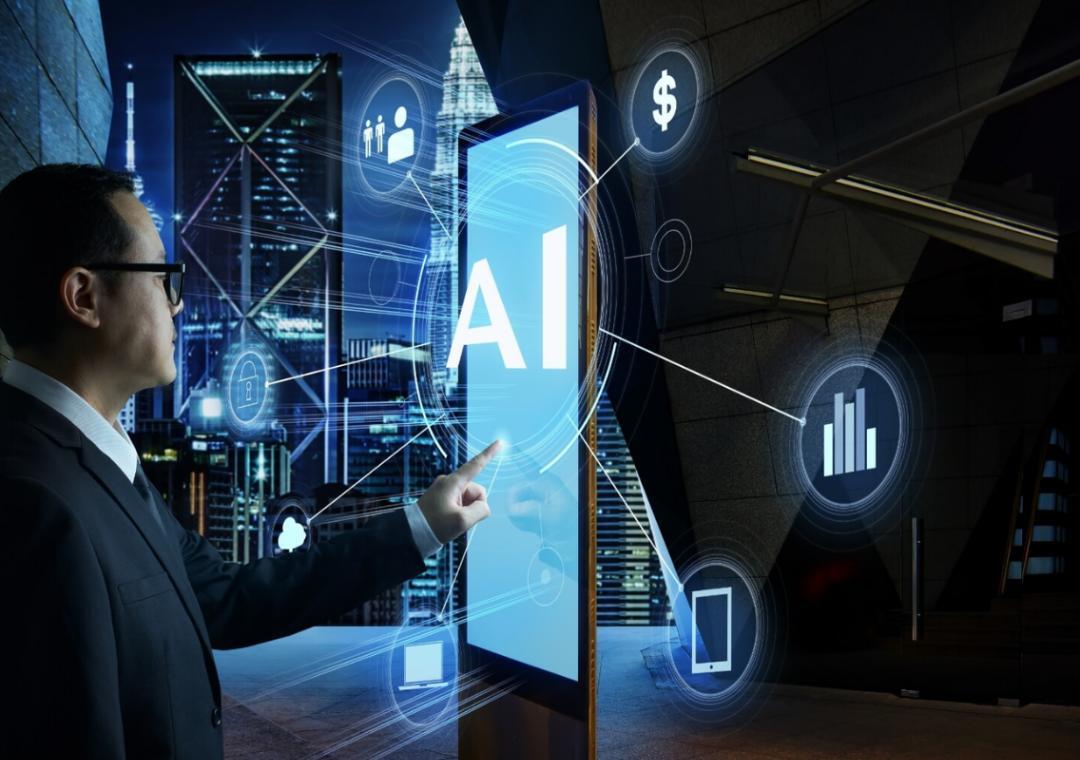
AI & ML now power over 77% of business processes
In today’s digital-first world, the terms Artificial Intelligence (AI) and Machine Learning (ML) are no longer just buzzwords – they’re operational essentials. Gone are the days when AI/ML was seen as a futuristic concept, relegated to the realm of science fiction. Today, a staggering 77% of enterprises rely on AI/ML to improve productivity, reduce costs, and personalize user experiences.
The shift towards AI/ML is no longer optional; it’s fundamental to staying competitive in a rapidly evolving business landscape. In this blog post, we’ll explore the ways in which AI/ML is transforming the way businesses operate, and what this means for your organization.
Automation and Efficiency
One of the primary ways AI/ML is transforming business processes is through automation. By leveraging machine learning algorithms, businesses can automate routine tasks, freeing up human resources to focus on higher-value activities. For example, AI-powered chatbots can handle customer inquiries, reducing the need for human customer support agents. Similarly, ML algorithms can be used to automate data entry, bookkeeping, and other administrative tasks.
According to a study by McKinsey, AI has the potential to automate up to 45% of work activities, with tasks that are repetitive, predictable, and data-driven being the most susceptible to automation. By automating these tasks, businesses can reduce costs, improve accuracy, and increase productivity.
Predictive Analytics and Decision-Making
AI/ML is also being used to enhance predictive analytics and decision-making capabilities. By analyzing large datasets and identifying patterns, ML algorithms can provide businesses with valuable insights that inform strategic decision-making. For instance, AI-powered predictive analytics can be used to forecast sales, identify areas of waste, and optimize supply chain management.
Moreover, AI-powered decision-support systems can analyze vast amounts of data in real-time, enabling businesses to respond quickly to changing market conditions. For example, AI-powered real-time fraud detection can help financial institutions identify and prevent fraudulent transactions, reducing the risk of financial loss.
Personalization and Customer Experience
AI/ML is also being used to personalize customer experiences, leading to increased customer satisfaction and loyalty. By analyzing customer behavior, preferences, and interests, AI-powered systems can provide tailored recommendations, offers, and content. For instance, AI-powered recommendation engines can be used to suggest products or services based on a customer’s browsing history or purchase behavior.
Moreover, AI-powered chatbots can be used to provide personalized customer support, helping customers find answers to their questions and resolving issues in a timely and efficient manner. According to a study by Salesforce, 80% of customers are more likely to do business with a company that offers personalized experiences.
The Future of Business
As AI/ML continues to transform business processes, it’s clear that the future of business will be shaped by these technologies. In the next few years, we can expect to see even more widespread adoption of AI/ML, with businesses leveraging these technologies to gain a competitive edge.
According to a report by Gartner, by 2025, AI will be used in 80% of all businesses, with 70% of those businesses using AI for customer service and support. Moreover, a study by Accenture predicts that by 2022, AI will be responsible for creating 15% of all new business value, with 40% of companies using AI to improve customer experience.
Conclusion
In conclusion, AI/ML is no longer just a futuristic concept – it’s an operational essential for businesses looking to stay competitive in a digital-first world. By automating routine tasks, enhancing predictive analytics, and personalizing customer experiences, AI/ML is transforming the way businesses operate.
As the adoption of AI/ML continues to grow, it’s clear that businesses that fail to adapt will be left behind. In a world where 77% of enterprises are already using AI/ML, the question is no longer whether AI/ML is important – it’s how you can leverage these technologies to stay ahead of the curve.
Source: https://www.growthjockey.com/blogs/what-is-ai-and-ml-how-is-it-important






